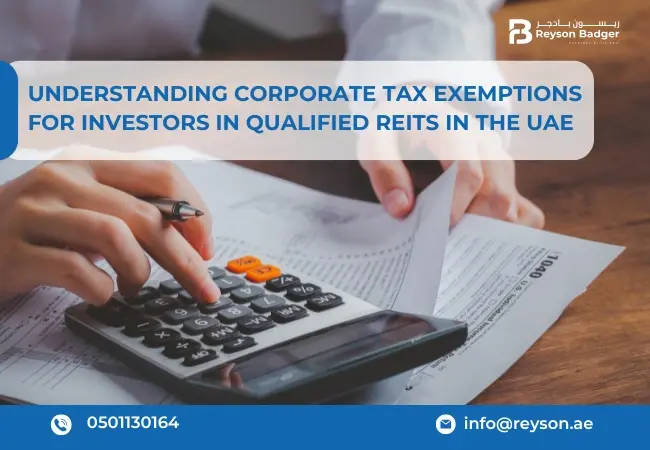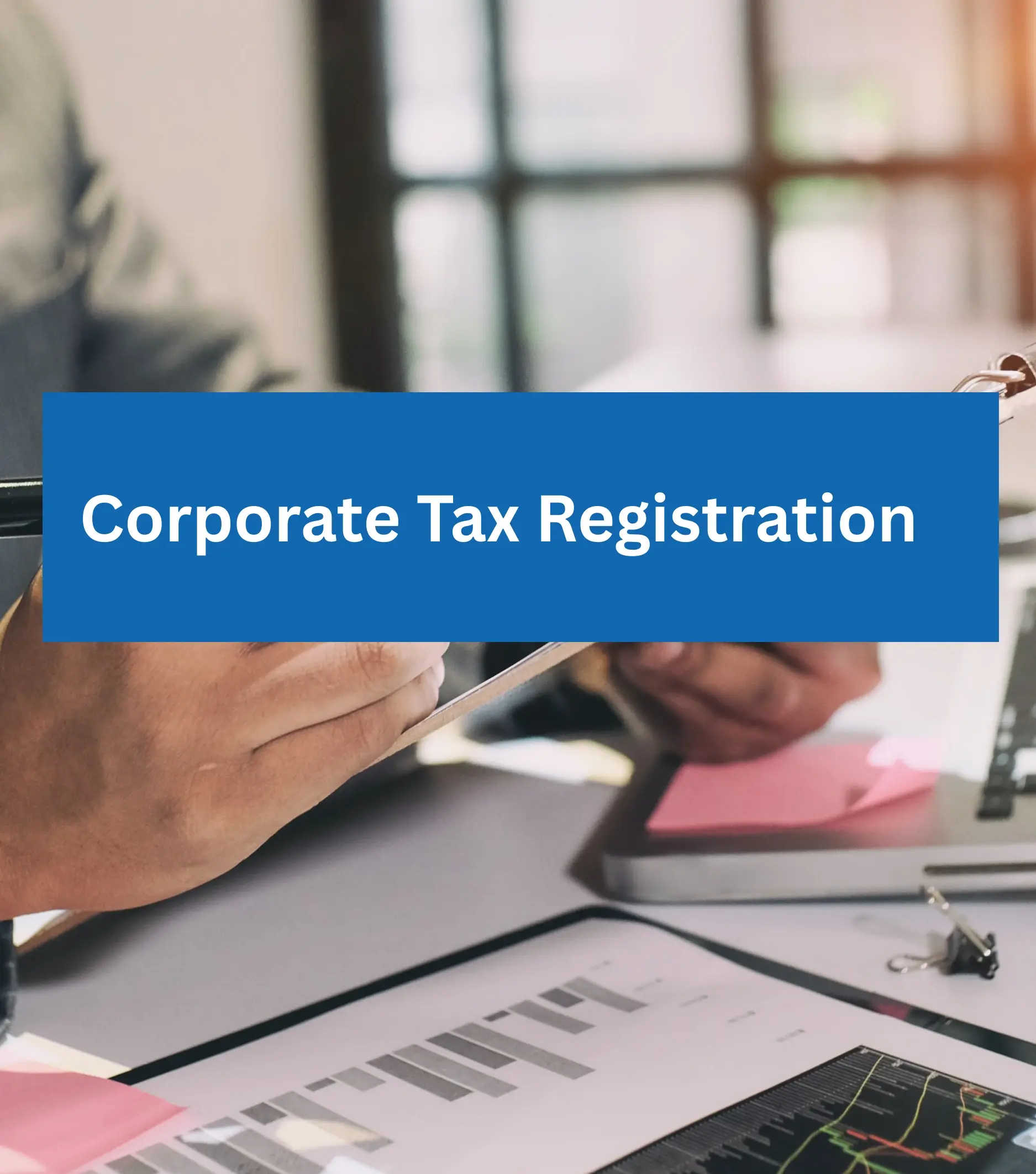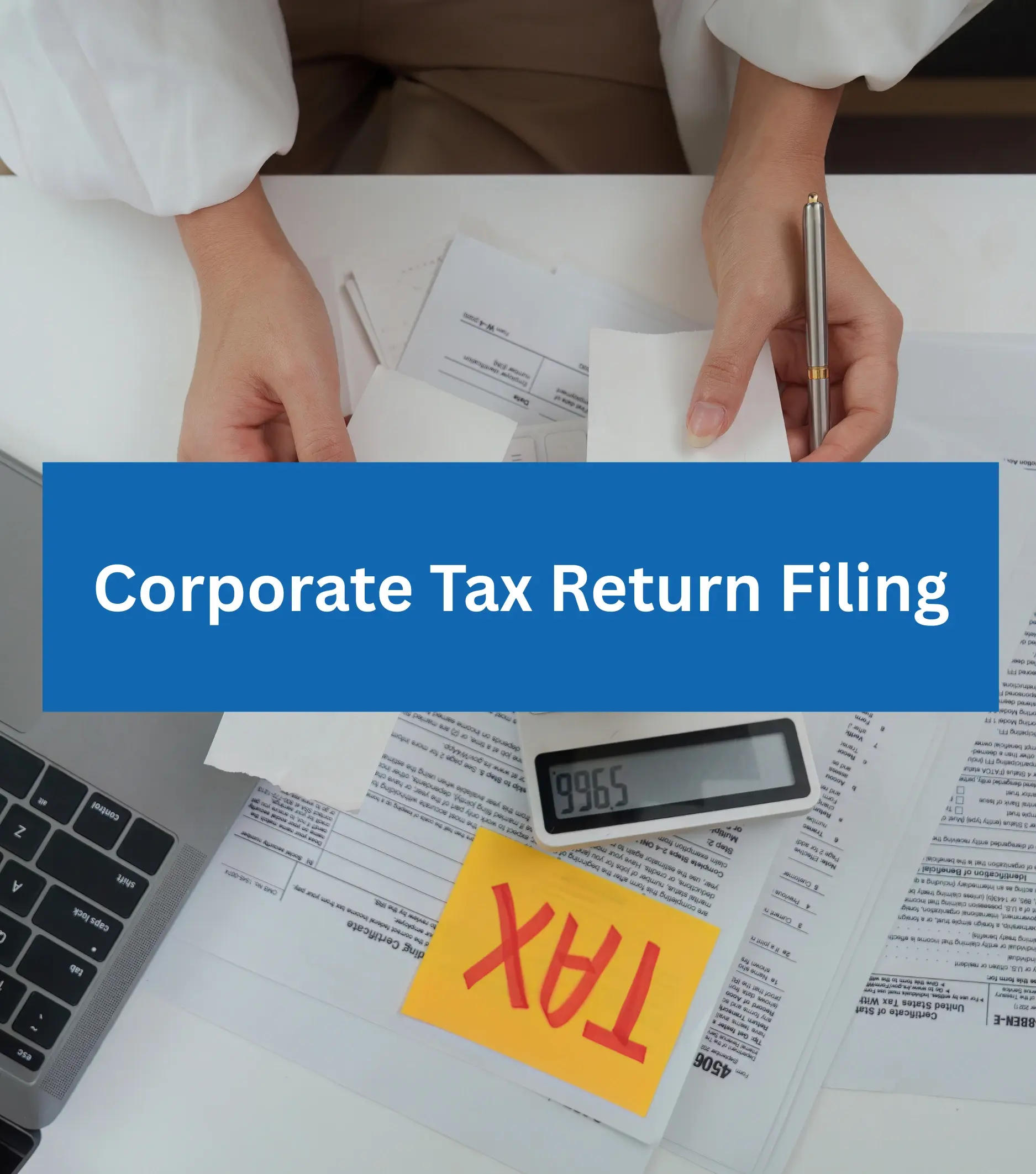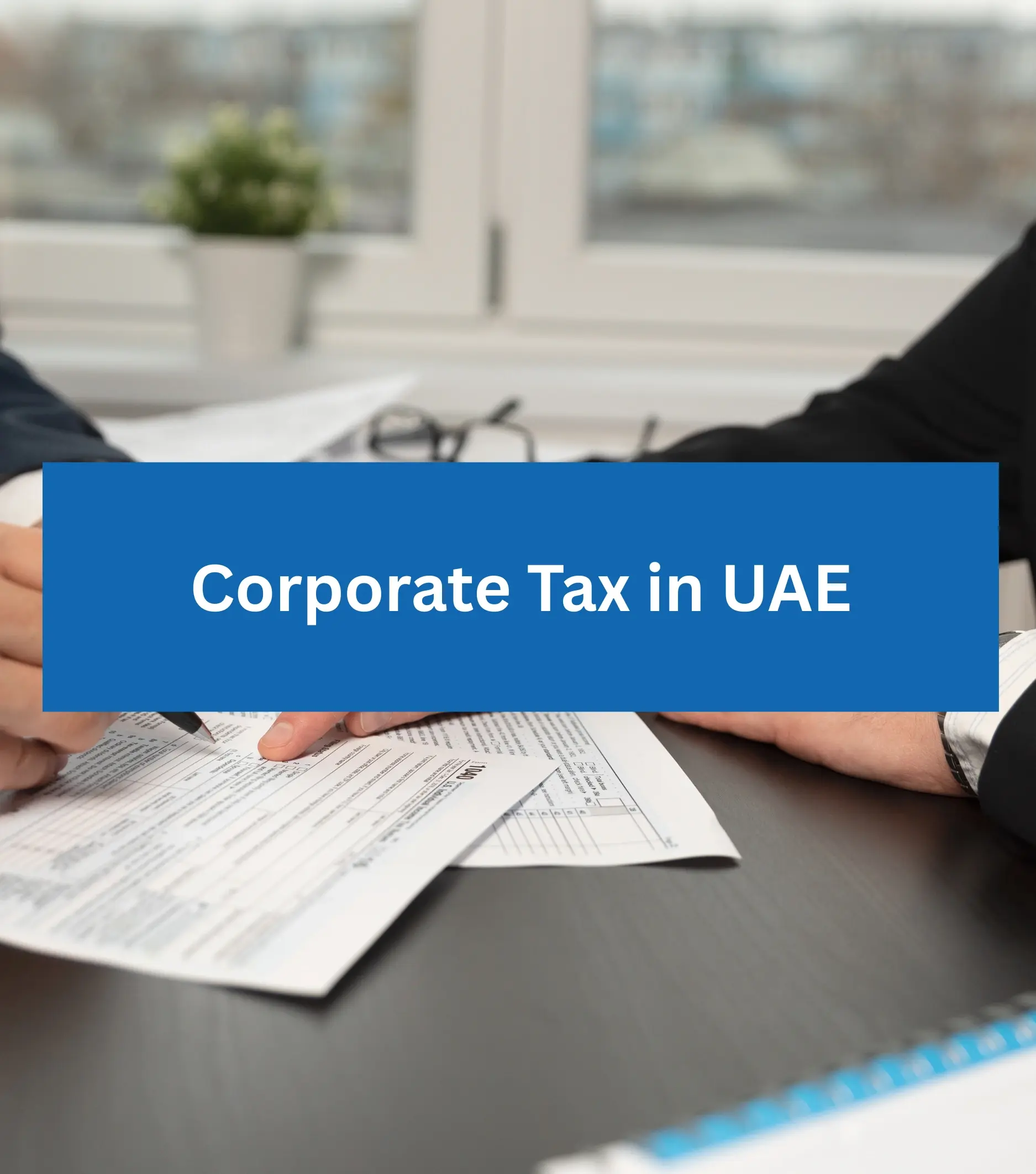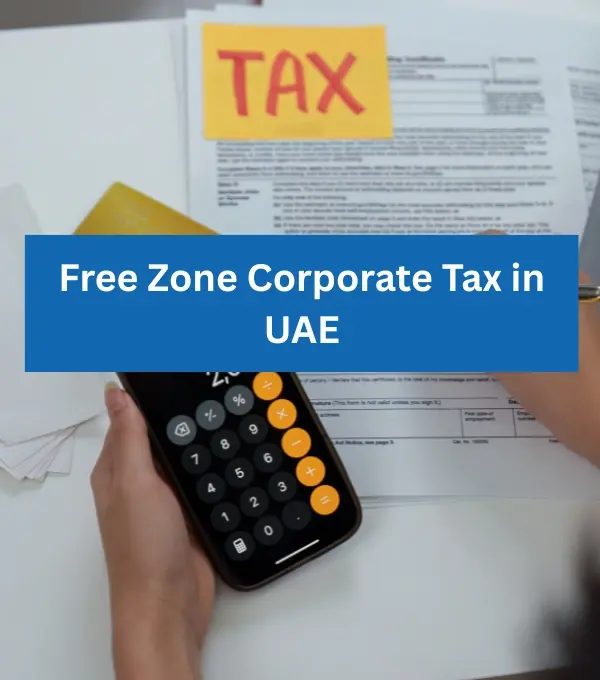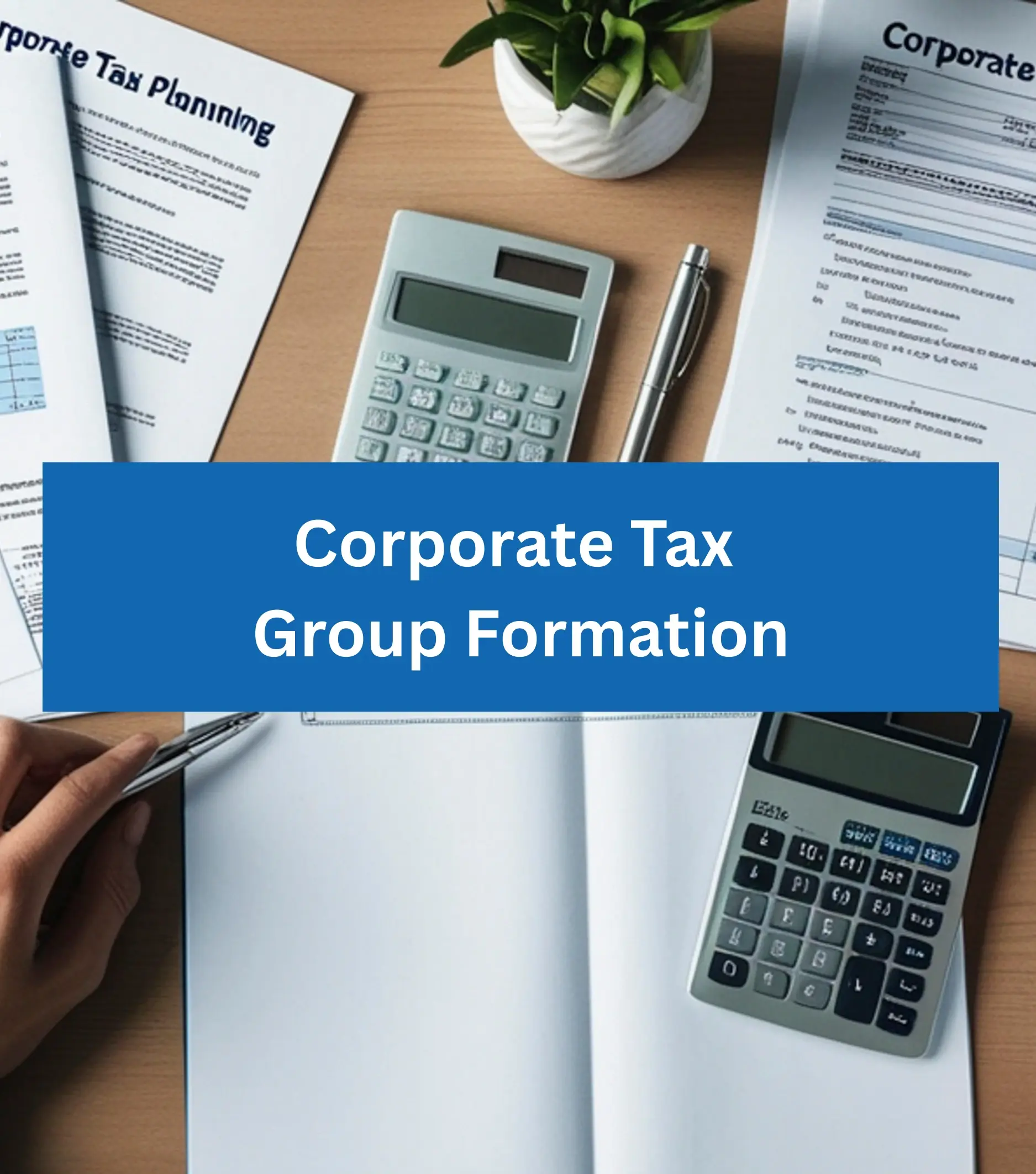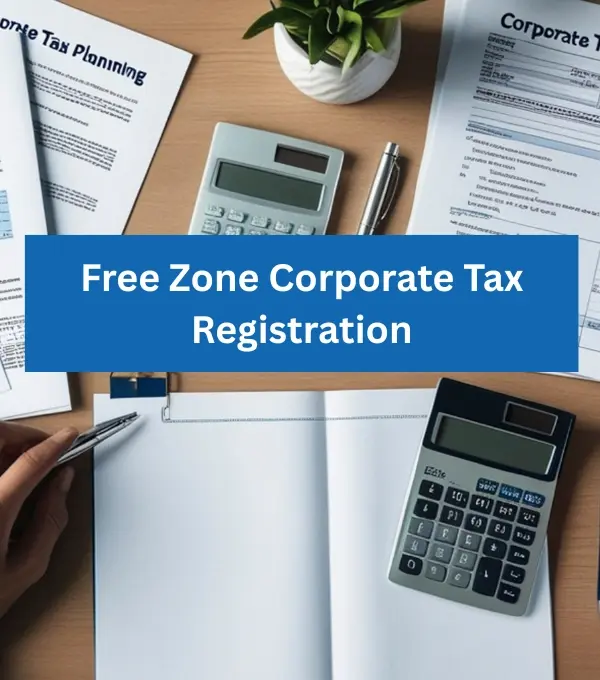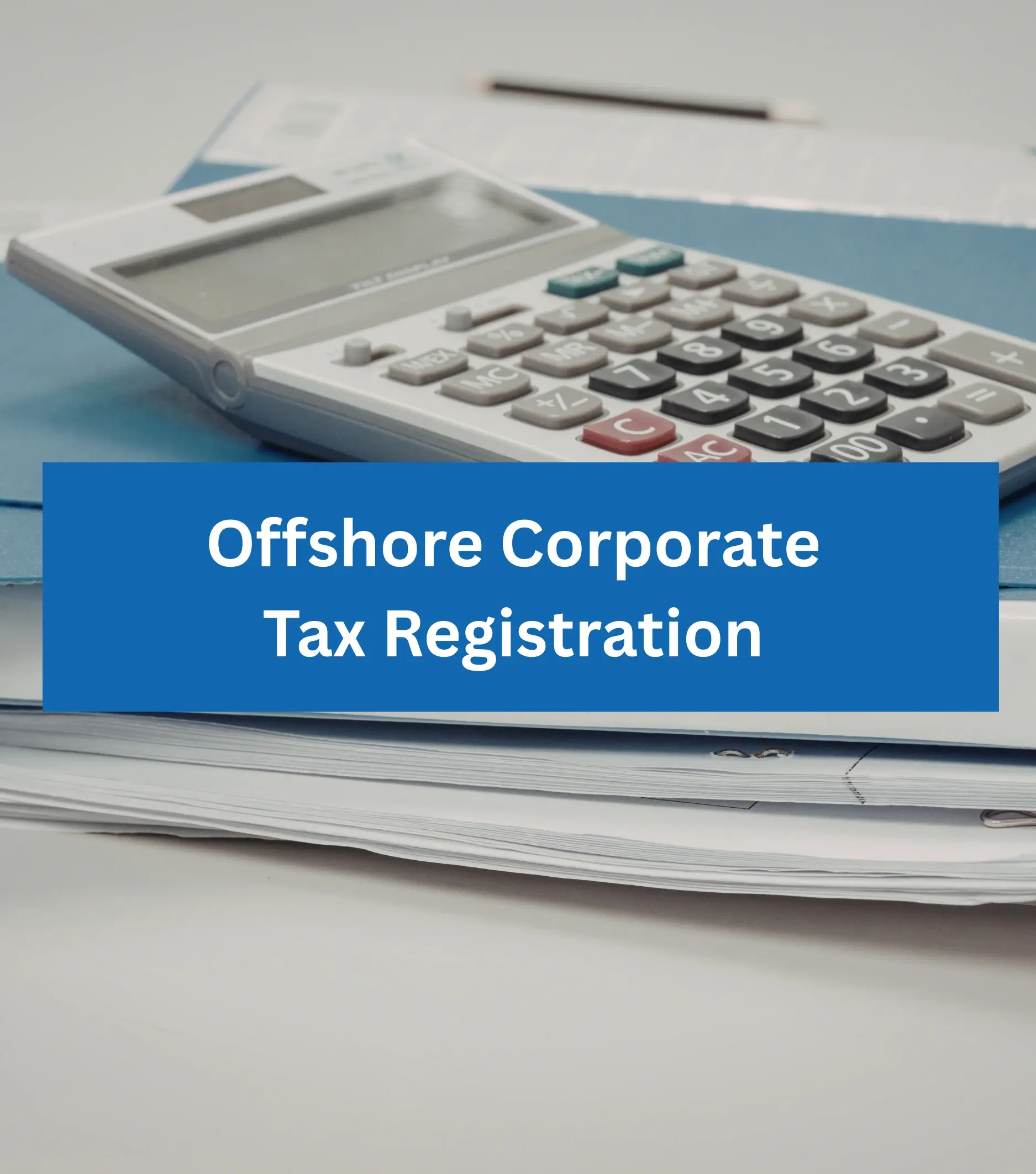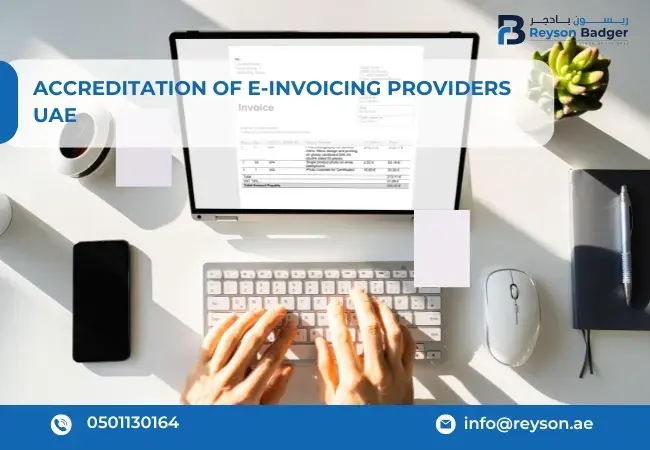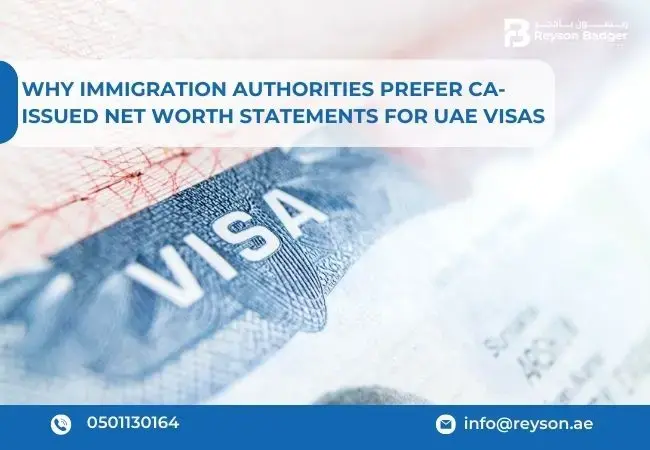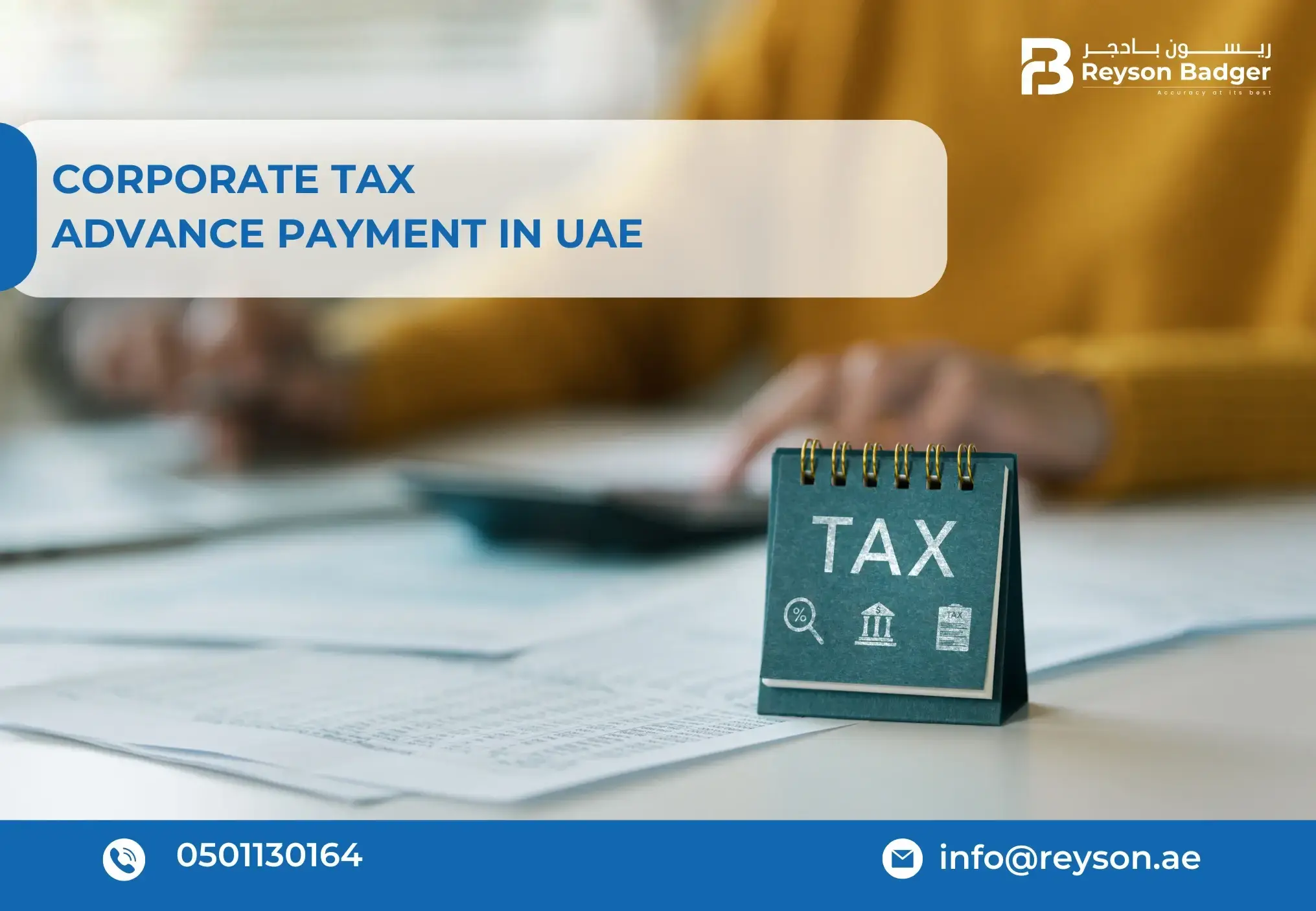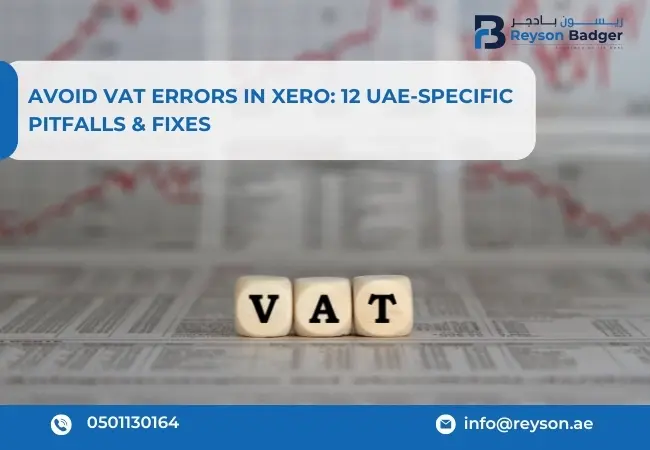On May 6, 2025, the Federal Tax Authority (FTA) of the United Arab Emirates issued a public clarification aimed at addressing the corporate tax implications for investors in Real Estate Investment Trusts (REITs) that qualify as exempt funds under the UAE Corporate Tax Law. This clarification is part of the FTA's ongoing efforts to improve transparency and provide investors and REIT managers with clear guidance regarding their tax obligations and entitlements.
As the UAE implements its new corporate tax regime, clarity around tax treatment is essential especially for investors participating in specialized investment firms such as REITs. These clarifications are critical to help stakeholders understand how their investments are taxed, what exemptions they may qualify for, and how to remain compliant with the law. The recent FTA clarification ensures that both resident and non-resident investors can make informed decisions about their real estate investments in the UAE.
What is a Qualified REIT under UAE Corporate Tax Law?
A Qualified REIT (Real Estate Investment Trust) under UAE Corporate Tax Law refers to a fund that meets specific regulatory and tax criteria to be exempt from corporate tax on income derived from immovable property.
A REIT may qualify for exemption as a Qualifying Investment Fund only if it meets the Cabinet/Ministerial conditions e.g., having immovable property (excluding land) under management exceeding AED 100,000,000; meeting either the prescribed listing float (minimum 20% unless otherwise specified) or institutional-ownership tests; maintaining an average of at least 70% of its assets as rental income-generating immovable property (excluding assets held solely for capital appreciation); and providing investors with the information needed to calculate their taxable income.
The status of being a "qualified" REIT allows for specific tax exemptions, benefiting not just the fund itself but also the investors who hold units or interests in it.
In the UAE’s investment landscape, REITs play a crucial role in offering institutional and retail investors a regulated avenue to invest in income-generating real estate. By pooling capital, REITs can invest in a diversified portfolio of properties, and investors can benefit from steady income streams without directly owning or managing real estate assets.
Key Takeaways from FTA’s Clarification
1. Applicability Starting January 1, 2025
The new corporate tax treatment for investors in qualified REITs will be effective for tax periods beginning on or after January 1, 2025. This provides investors and REITs with a transition period to understand the regulations and adjust their investment strategies or compliance mechanisms accordingly.
2. Scope: Resident and Non-Resident Legal Investors
The clarification applies to both resident and non-resident juridical persons who invest in REITs. This inclusion ensures a level playing field for all legal entities, regardless of their jurisdiction of establishment, as long as they have investments in UAE-based qualified REITs.
3. Pro-Rata Taxation on 80% of Immovable Property Income
For tax periods beginning on or after 1 January 2025, a juridical person investing in a REIT exempt as a Qualifying Investment Fund must have its Taxable Income adjusted to include 80% of the investor’s prorated immovable property income (subject to depreciation and other adjustment rules). This means the tax will be calculated in proportion to each investor’s share in the REIT. However, certain exemptions apply, such as when the REIT distributes income within nine months and the investor has fully exited the investment.
Conditions for Tax Exemption
For investors in a qualified REIT to benefit from corporate tax exemptions under the UAE law, several key conditions must be met:
1. Distribution Timeline (Within 9 Months)
If a REIT distributes 80% or more of its immovable property income for the relevant financial year to investors within nine months of the financial year-end, the income of an investor who disposed of its ownership interest and therefore did not receive a share of that distribution will not be adjusted (i.e., the investor will not be required to include that undistributed income in its taxable income in respect of that disposal), subject to the detailed conditions in the Decision. This timely distribution ensures that income is not retained indefinitely and supports transparency and fair tax treatment for investors.
2. Investor’s Complete Disposal of Ownership Interest
If an investor fully disposes of their interest in the REIT before the income is distributed, they will not be liable for corporate tax on the immovable property income. This exemption acknowledges that the investor no longer benefits from the income and, therefore, should not be taxed on it.
3. Tax Treatment of Undistributed Profits
If the REIT fails to distribute the income within the specified nine-month window, or if the investor retains their stake in the REIT, they may be subject to corporate tax on their share of the undistributed profits. This ensures that tax is applied appropriately based on ownership and benefit.
Income from Immovable Property – What Does It Include?
Understanding what qualifies as "immovable property income" is crucial for determining tax liability:
1. Sales, Leases, and Other Income Forms
Immovable property income includes any net profit derived from real rights in UAE-based real estate, including:
- The sale or disposal of property
- Leasing and rental income
- Transfer of rights
- Direct usage or exploitation in any other form
This wide definition ensures that all potential income streams from real estate are covered under the law.
2. Financial Statements as the Basis for Evaluation
The REIT’s audited financial statements serve as the official source for determining taxable income. These statements must reflect the true income from immovable properties and help in accurately calculating the investor’s pro-rata share of income.
Investor Obligations and Compliance
The FTA’s clarification also outlines the obligations that both REITs and investors must fulfill:
1. Information REITs Must Provide
REITs are required to provide detailed reports and financial data to investors, allowing them to:
- Calculate their taxable income accurately
- Fulfill their corporate tax filing requirements
- Understand the nature and extent of distributed and undistributed profits
2. Tax Filing Duties
Investors are responsible for filing their corporate tax returns in accordance with UAE Corporate Tax Law, factoring in their REIT-related income and any applicable exemptions.
3. Appointment of Tax Agents for Non-Residents
Non-resident investors may appoint a tax agent to handle their tax affairs in the UAE. This includes preparing and submitting tax returns, communicating with the FTA, and ensuring full compliance on behalf of the investor.
Practical Examples (As per FTA)
To aid understanding, the FTA’s public clarification includes illustrative scenarios such as:
- An investor who exits the REIT before income distribution and is exempt from tax.
- A case where a REIT fails to distribute income within 9 months, triggering a tax liability.
- A situation where partial income is distributed, and investors are taxed on the undistributed portion.
These examples help investors visualize the real-world application of the law and assess how different actions may affect their tax obligations.
Conclusion
The UAE's Federal Tax Authority (FTA) recently shared important info for investors in Real Estate Investment Trusts (REITs), focusing on being clear and compliant with the country's tax rules. Investors need to be aware of certain requirements like income distribution deadlines and accurate reporting to get the most out of tax benefits. As the UAE's corporate tax system changes, it’s crucial for investors and advisors to keep up with FTA updates for smart investment choices. Working with experts like Reyson Badger can help manage these tax details, as firms like these typically offer services like corporate tax registration, VAT help, and accounting support, which can be useful for investors in the UAE.
 The Federal Tax Authority (FTA) has announced that businesses must complete Corporate Tax registration within 90 days from the Date of Incorporation / MOA.
The Federal Tax Authority (FTA) has announced that businesses must complete Corporate Tax registration within 90 days from the Date of Incorporation / MOA.
